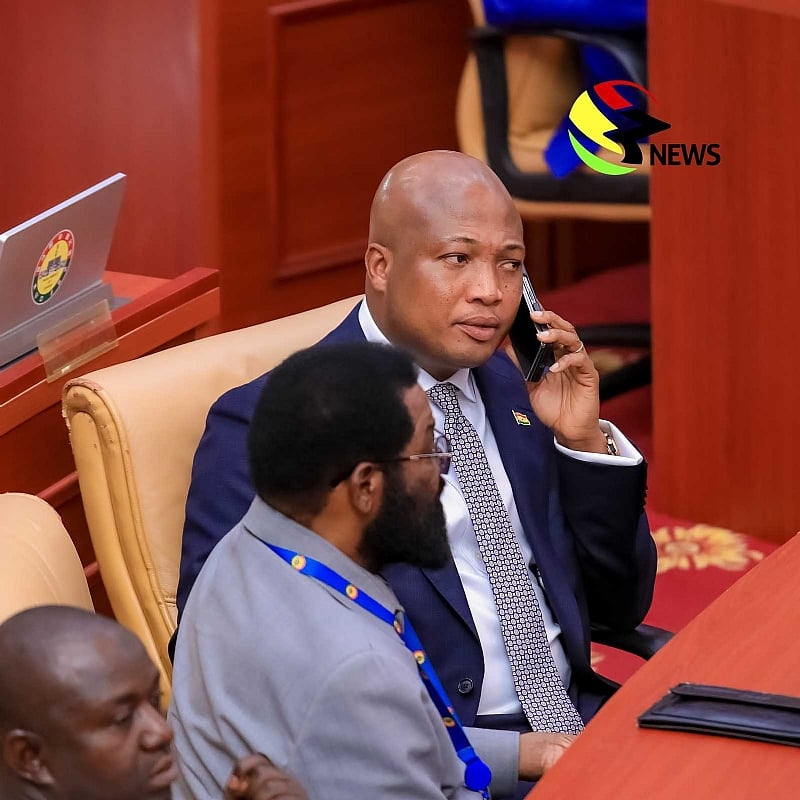President John Dramani Mahama’s recently unveiled Code of Conduct for government appointees has been lauded as a significant stride in combating state capture and fostering ethical governance in Ghana. This comprehensive document, launched as part of President Mahama’s 120-day social contract with the Ghanaian people, sets forth stringent ethical guidelines for all political appointees, including the President and Vice President themselves. The Code’s core objective is to restore discipline, integrity, and accountability within the public sector, emphasizing shared responsibility and a commitment to eliminating impunity, regardless of position or influence. Its introduction marks a decisive move towards rebuilding public trust and ensuring a transparent and accountable administration.
A key provision of the Code of Conduct is the explicit prohibition on the direct or indirect acquisition of state assets by political appointees. This encompasses a broad spectrum of properties, including land, bungalows, hotels, vehicles, forests, and other state-owned resources. This measure is aimed at curbing the potential for corruption and self-enrichment by individuals in positions of power. President Mahama underscored the seriousness of this prohibition, stating that any violations would result in immediate dismissal and the retrieval of the acquired assets. This firm stance reflects the administration’s determination to uphold the principles of fairness and transparency in the management of public resources.
Samuel Okudzeto Ablakwa, Member of Parliament for North Tongu and Minister for Foreign Affairs, has expressed strong support for the new Code of Conduct, highlighting its alignment with his own legislative efforts to prevent the acquisition of state assets by politically exposed persons. Mr. Ablakwa views the Code as a validation of his crusade against state capture and a testament to the government’s commitment to fulfilling its promises to the Ghanaian people. He believes that this policy will significantly enhance transparency and accountability within the government.
Mr. Ablakwa has also emphasized the synergy between the new Code of Conduct and his Private Member’s Bill currently before Parliament. This bill seeks to legally prohibit politically exposed persons from purchasing state assets, further solidifying the fight against state capture. He sees the Code as providing additional momentum to his legislative initiative, reinforcing the government’s resolve to address this critical issue and establish a robust legal framework to prevent future abuses.
The introduction of the Code of Conduct represents a crucial step towards restoring public trust and creating a more ethical and accountable government. By setting clear expectations for behavior and establishing strong consequences for violations, the Code aims to create a culture of integrity within the public sector. This commitment to ethical governance is essential for fostering economic development, promoting social justice, and strengthening democratic institutions.
The Code’s impact extends beyond the immediate prevention of asset acquisition by political appointees. It serves as a powerful symbol of the government’s dedication to transparency and accountability, setting a new standard for ethical conduct in public service. This renewed focus on integrity is expected to have far-reaching positive consequences, contributing to a more equitable and just society. By tackling the issue of state capture head-on, the government is demonstrating its commitment to creating a level playing field for all citizens and fostering a more inclusive and prosperous Ghana.














